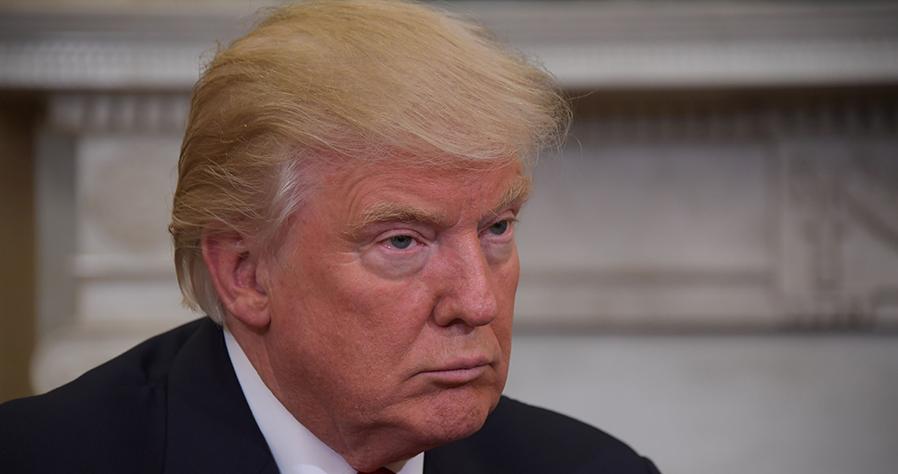Dec 21, 2017
We don't think there is a zero-sum game between China and the U.S.

James Carter, Professor, Saint Joseph’s University
Jul 21, 2017
For more than a century, joining the “family of nations” has been a goal of Chinese leaders. Some are now predicting that China will soon assume many of the leadership roles that the United States is withdrawing from. But it’s not the first time that such opportunities have presented themselves.

Sampson Oppedisano, Executive Assistant to the Dean, The Milano School of International Affairs, Management and Urban Policy
Feb 15, 2017
Donald Trump is a new type of political phenomena that has caught the world off guard. His unpredictability and lack of experience set the stage for a perfect storm of wild-card events that will almost certainly be an early theme during his presidency. While it is China’s decision how it reacts to Trump, tact and precision will be Beijing’s greatest defense in not only ensuring that relations with the U.S. do not deteriorate further, but in safeguarding key aspects of the current international system.

Li Wei, Senior Fellow, Pangoal Institution
Feb 13, 2017
China’s role in global governance rests ultimately on its achievements in domestic governance: A government that is capable of effectively managing a country of 1.3 billion will certainly set an example for others to follow. By pursuing step-by-step reform of the system, rather than destroying it and replacing it with a brand-new one, and by providing continuity in the globalization process, China can help the world avoid pitfalls of the past.

Patrick Mendis, Visiting Professor of Global Affairs, National Chengchi University
Jan 16, 2017
As the TPP trade pact fizzles away, China would happily expand its domain of influence in the Pacific Rim region while U.S. allies and friends inevitably look for a more reliable partner in the neighborhood. As these geopolitical realities set in, will Trump’s campaign promises to “Make America Great Again” eventually result in “Making China Great Again” and leave the U.S. much less relevant?

Eric Li, Venture Capitalist
Jan 20, 2017
Mr. Xi brings Davos a message of pluralism, as opposed to the universalism most of his audience has preached. He is no Davos Man. But perhaps this is just what globalization needs. Before it can be restarted, it needs a reset.

Jan 18, 2017
Chinese President Xi Jinping, in his unprecedented appearance at the World Economic Forum in Davos, calls for new models of global growth, cooperation, governance and development.

Vikram Nehru, Nonresident Senior Fellow, Carnegie Asia Program
Jan 11, 2017
Given their economic and geographic proximity to China, Southeast Asian countries are beginning to warm up to the Chinese renminbi. At this stage, however, it would be premature for Southeast Asian governments to do much more than they have already done.

He Yafei, Former Vice Minister of Foreign Affairs
Dec 30, 2016
The contrast between a collapsing neo-liberalism of the west and the much-welcomed new development model espoused and practiced by China is not to be missed.

Doug Bandow, Senior Fellow, Cato Institute
Nov 07, 2016
China has experienced significant cultural and economic developments since the late 1990’s. Because of China’s growing dominance on the international stage and changing internal politics, the significance of Chinese public opinion is becoming more significant in policy decisions. American policymakers, too, should pay attention to Chinese public opinion. The dynamic worldview of Chinese opinion is illustrated through these statistics, which Washington can use in developing its policy toward Beijing. The U.S.-China relationship obviously matters for the two nations, and also affects the rest of the world.